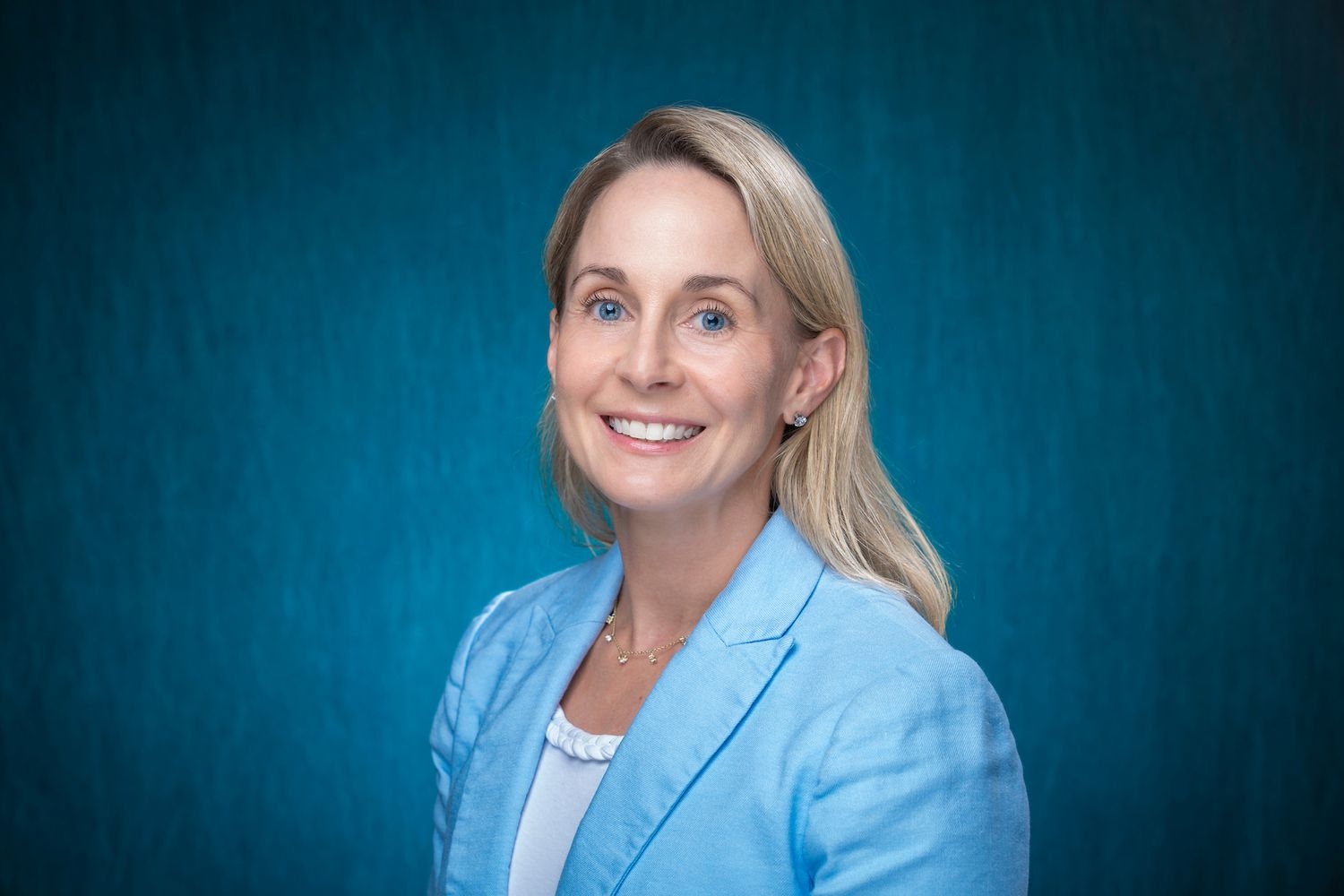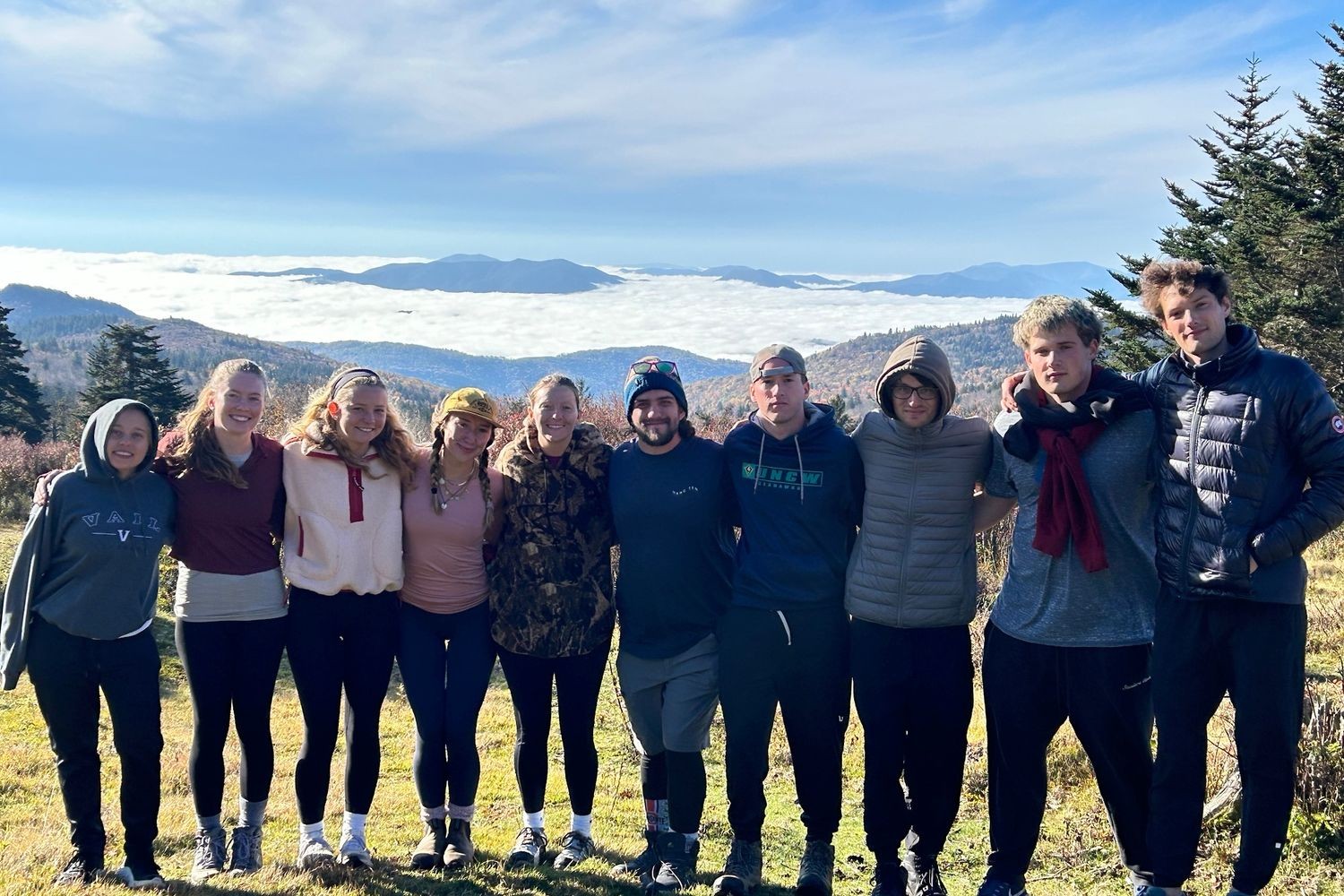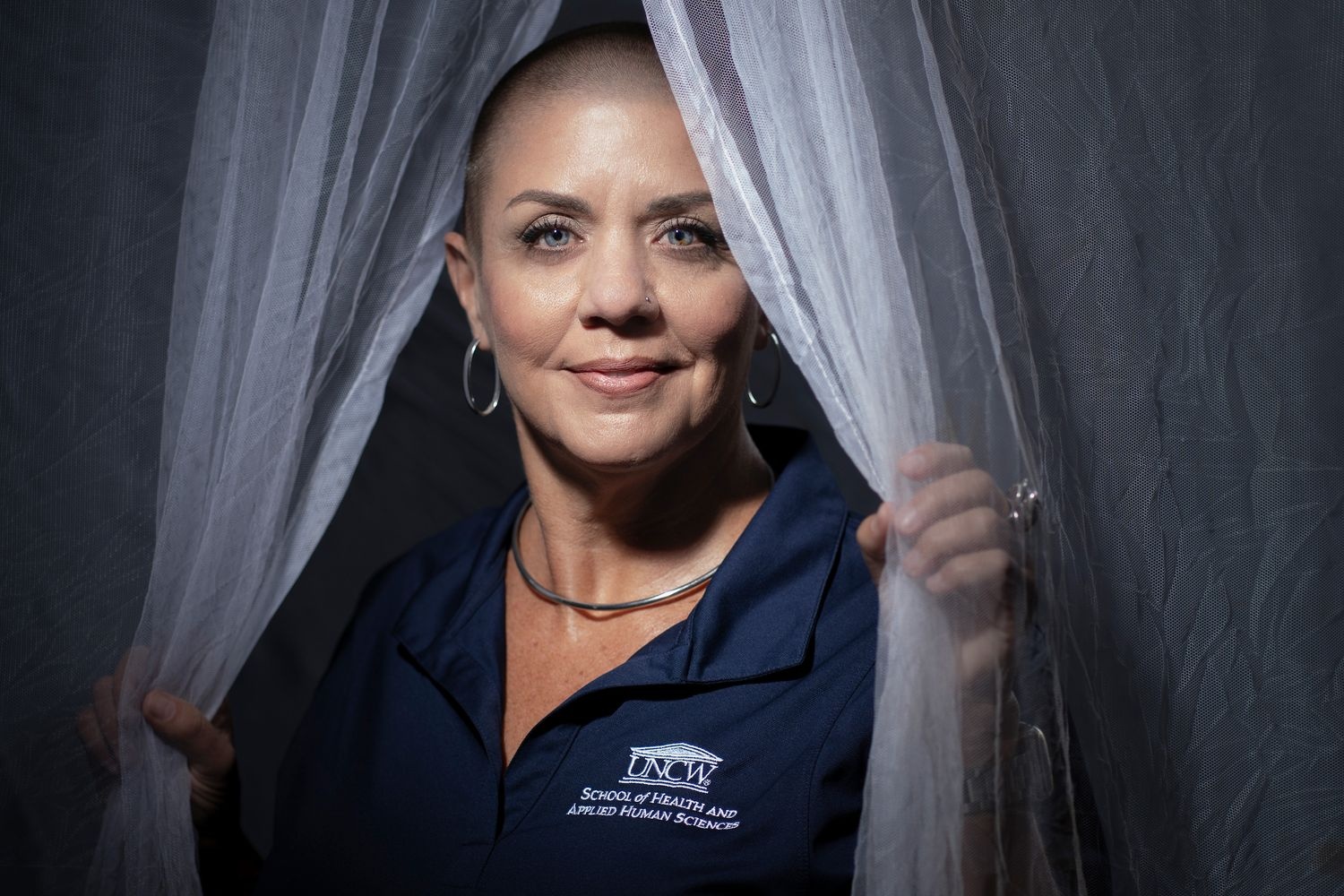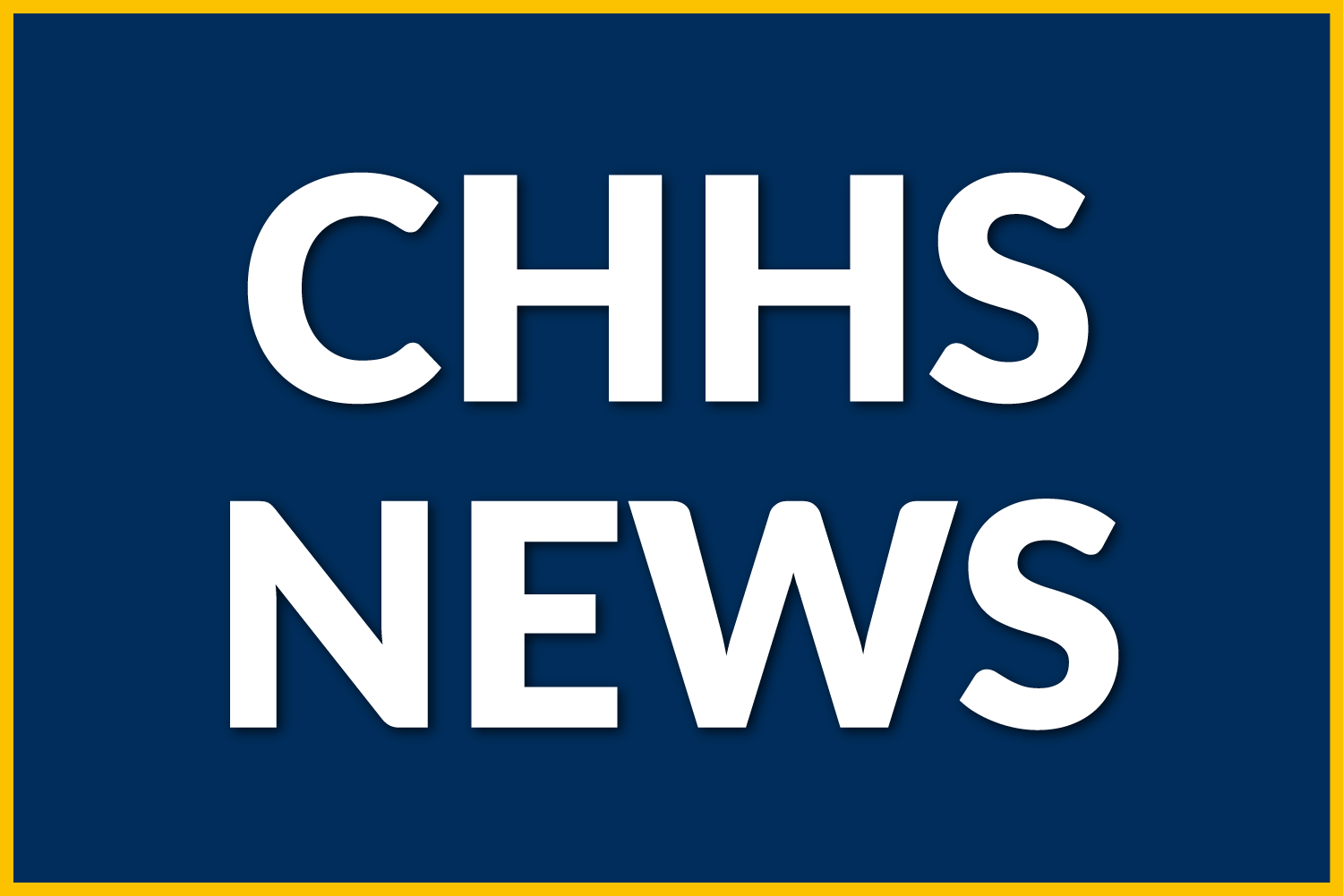News & Events
Read what's happening in UNC Wilmington's School of Health and Applied Human Sciences.
Public Health Students Chart Distinct Paths Toward Community Impact
The Public Health major housed in the School of Health and Applied Human Sciences prepares students for more than one career path.

Program Piloted by UNCW, ECU Receives UNC System Award
An innovative, interdisciplinary, intercollegiate research training program spearheaded by UNCW has received an Undergraduate Research Program Award.

CHHS 350 Equips Students with Outdoor Leadership Skills
Open to undergraduates of all majors, CHHS 350: Leadership Skills for Adventure Exercise, combines weekly classroom instruction with applied learning in outdoor environments.

Researcher Leads Effort to Eliminate Malaria in Uganda
Michelle Cathorall leads the Malaria Mastery Prevention Program, a community-driven project aimed at eliminating malaria in Uganda.

Research and Innovation Celebrates Excellence at Annual Reception
Research and Innovation Celebrates Excellence at Annual Reception

CHHS Students Named Rural Interprofessional Scholars
Eight CHHS students have been selected for the 2025–2026 Rural Interprofessional Longitudinal Scholars (RIPLS) Program.

